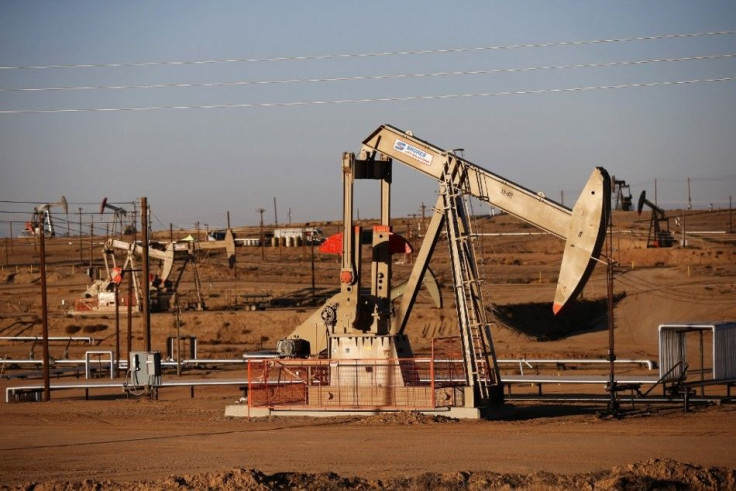More Pain For Russia As OPEC Cuts Forecast For Demand And Oil Prices Slide

The Oil market report by OPEC released on December 10 points to more problems for countries like Russia that heavily depend on revenues from oil sales. The country recently announced an increase in the key interest rates to combat a depreciating currency and inflationary pressures.
According to the OPEC report the global demand for oil is set to grow by 1.12 mb/d in 2015. The figures in the new report are lower by 70 tb/d compared to the previous report by the organization. The fall in demand may be due to a slowing economy in heavy energy consuming Asian countries like China. The OPEC report however pegs China's growth at 7.2 percent for the year 2015.
Another factor that may be driving the oil prices down is the increased supply of the commodity. The OPEC report has revised its figures upwards with regards to the estimated increase in oil supply by non-OPEC countries. The non-OPEC oil supply is estimated to increase by 1.36 mb/d in 2015.
The report may already be having an impact on the global oil prices that has seen a fall in the past few weeks. The commodity has witnessed a sharp sell-off in the past week and is currently trading at about $59. The fall in oil prices will negatively affect Russia which is already grappling with economic sanctions imposed by the U.S. and European Union.
Russia is one of the major oil exporting countries that will be hit by the falling oil prices. The country's currency, the Ruble, has been steadily depreciating for the past few months. The slide has been particularly sharp in the past week after oil prices started to slide faster. OPEC recently decided not to cut production to stabilise the prices.
The Russian central bank has raised the key interest rates to 10.5 percent per annum. The move is aimed at halting the slide of Ruble and at the same time containing the inflationary pressures in the economy. The decision however may affect the GDP growth of the economy at a time when the country is facing the possibility of a recession in 2015.






